The Legend of Zelda: Ocarina of Time
21 Nov 1998
All releases
18 Dec 1998 - Nintendo 64
11 Dec 1998 - Nintendo 64
23 Nov 1998 - Nintendo 64
21 Nov 1998 - Nintendo 64
18 Nov 2003 - Nintendo 64
27 Feb 2007 - Wii
26 Feb 2007 - Wii
23 Feb 2007 - Wii
23 Feb 2007 - Wii
02 Jul 2015 - Wii U
02 Jul 2015 - Wii U
31 Dec 1998 - Nintendo 64
01 Dec 1998 - Nintendo 64
23 Dec 2015 - Wii U
03 Jul 2015 - Wii U
01 Jan 1970 - 64DD
Tags
Time to beat
Main story
Main story + extras
100% completion
The Legend of Zelda: Ocarina of Time is the fifth main installment of The Legend of Zelda series and the first to be released for the Nintendo 64. It was one of the most highly anticipated games of its age, and is listed among the greatest video games ever created by numerous websites and magazines. The gameplay of Ocarina of Time was revolutionary for its time, it has arguably made more of an impact on later games in the series than any of its predecessors even though they had the same cores of exploration, dungeons, puzzles and item usage. Among the gameplay mechanics, one of the most noteworthy is the time-traveling system. The game begins with the player controlling the child Link, but later on an adult Link becomes a playable character as well and each of them has certain unique abilities. Ocarina of Time also introduces the use of music to solve puzzles: as new songs are learned, they can be used to solve puzzles, gain access to new areas and warp to different locations. Dungeon exploration is somewhat more puzzle-oriented than in earlier games but they are not too complex.
A young boy named Link was raised in the village of the elf-like Kokiri people. One day a fairy named Navi introduces him to the village's guardian, the Great Deku Tree. It appears that a mysterious man has cursed the tree, and Link is sent to the Hyrule Castle to find out more. Princess Zelda tells Link that Ganondorf, the leader of the Gerudo tribe, seeks to obtain the Triforce, a holy relic that grants immense power to the one who possesses it. Link must do everything in his power to obtain the Triforce before Ganondorf does, and save Hyrule.
| Audio | Subtitles | Interface | |
|---|---|---|---|
| Japanese | ✓ | ||
| Chinese (Simplified) | ✓ | ||
| English | ✓ | ||
| German | ✓ | ||
| French | ✓ |
 Maf
7
Maf
7
Timelees
Absolute Masterpiece of a game
the controls may have aged a bit but you'll get used to them quickly.
 Azule
3
Azule
3
90% Completion
To be replay: June 11, 2023
Level: Master Quest
Platform: Nintendo Switch v.1 (as a part of Nintendo Switch Online - Nintendo 64 games)
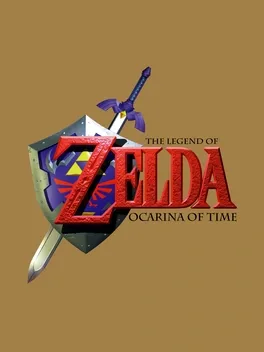
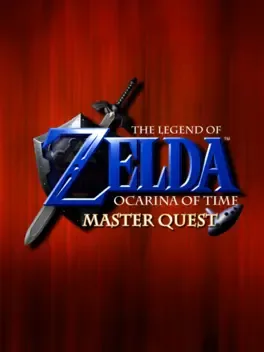
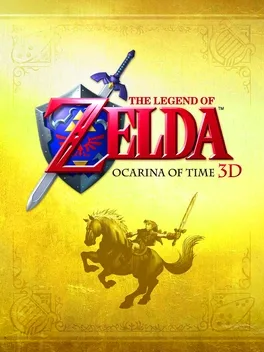
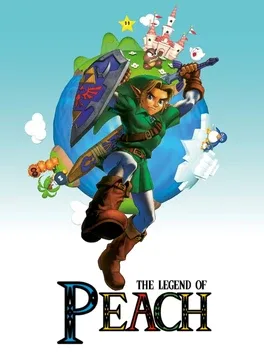
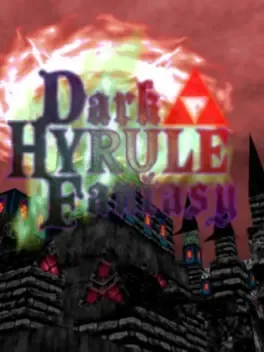
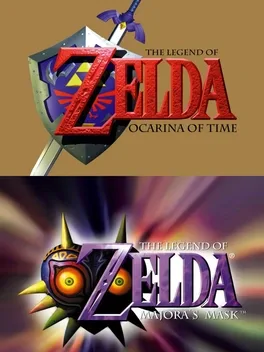
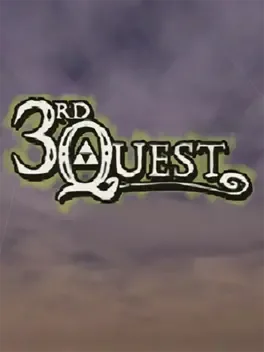

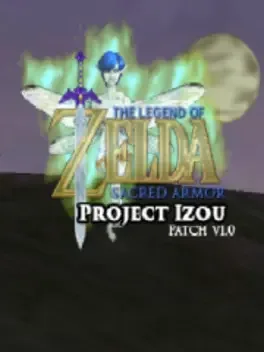
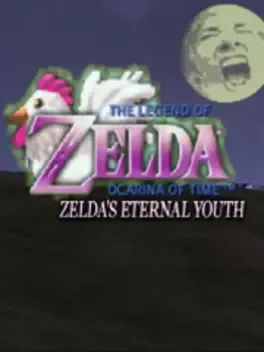
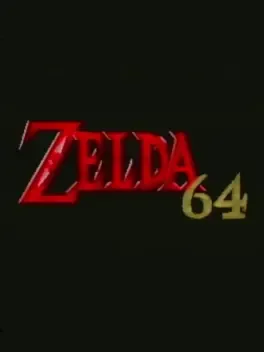
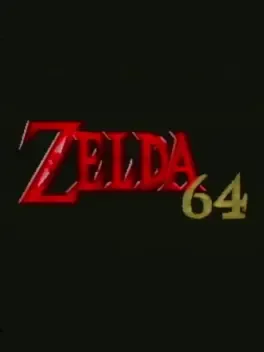
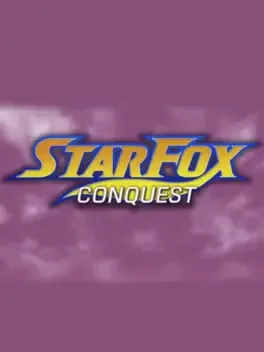
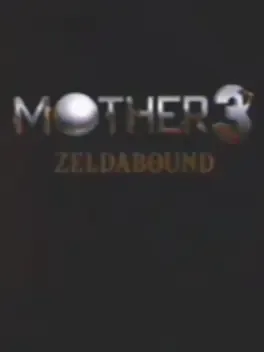
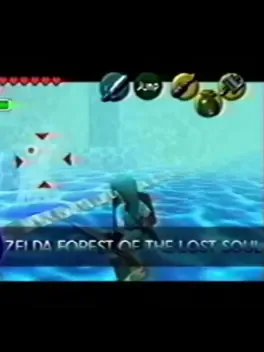
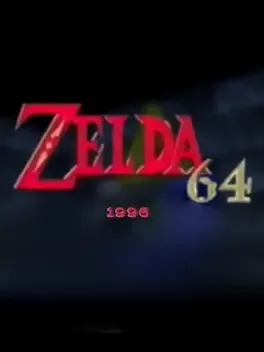
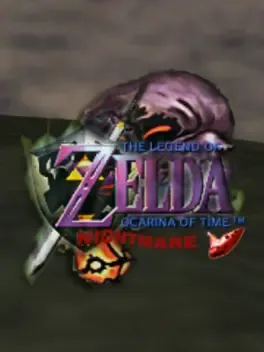
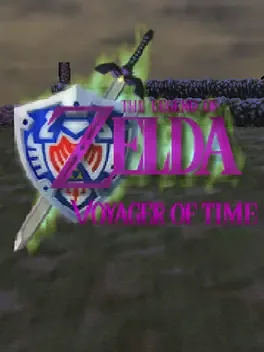
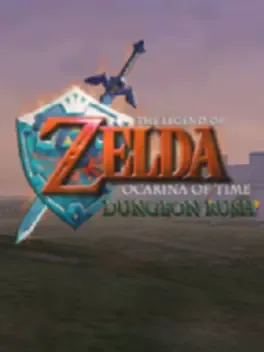
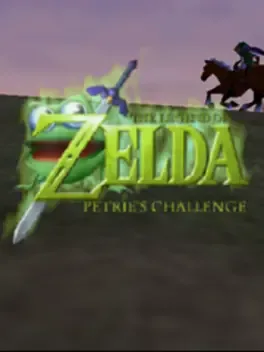
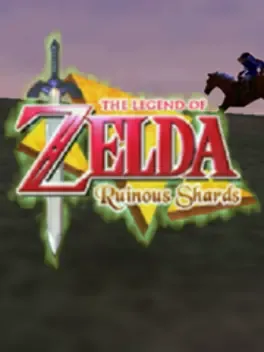
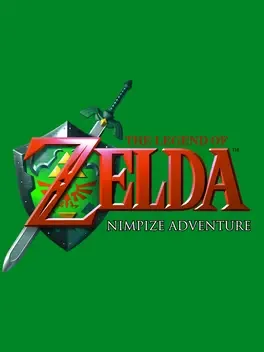
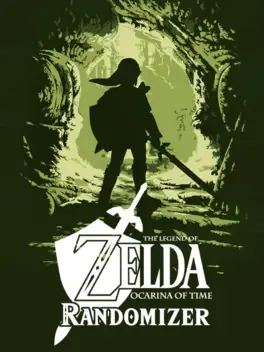
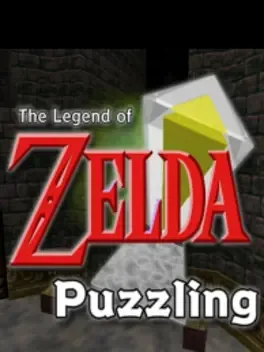
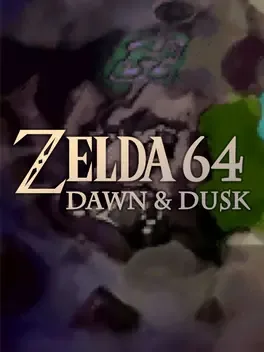
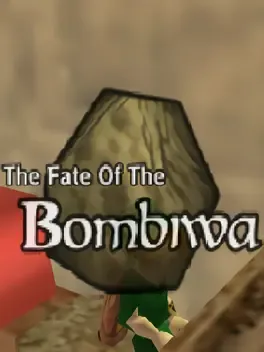
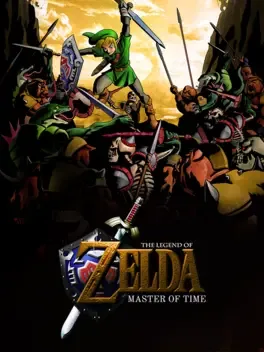
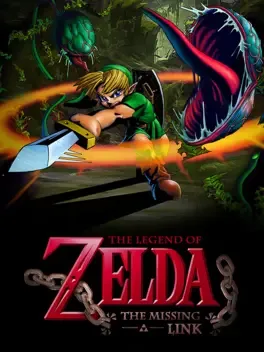
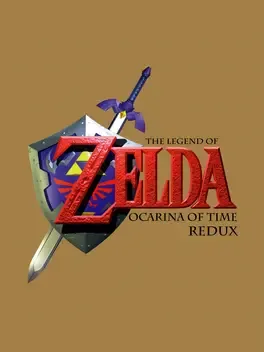
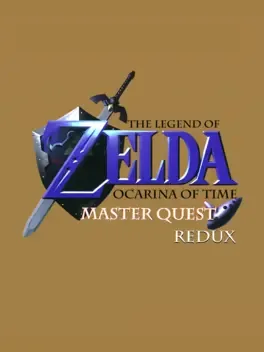
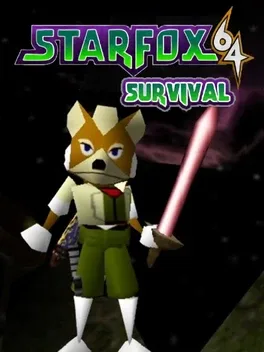
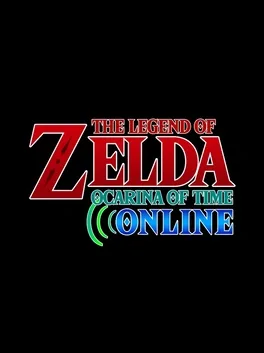
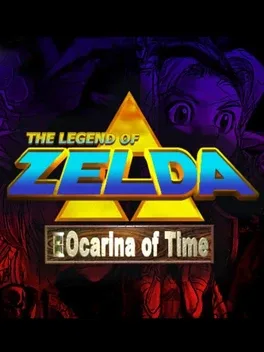
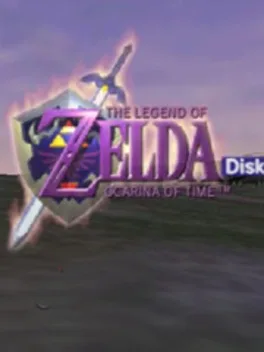
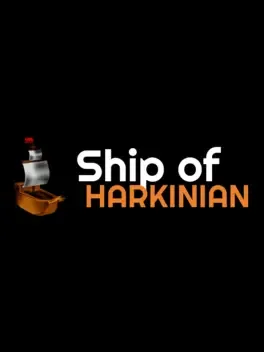

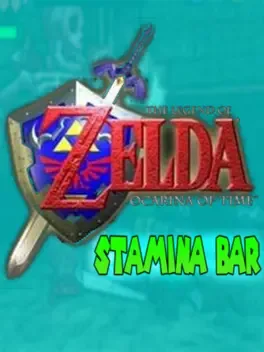
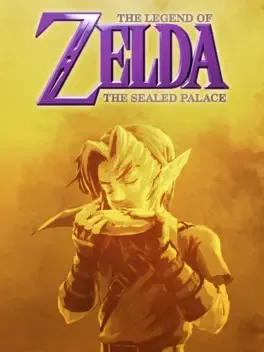
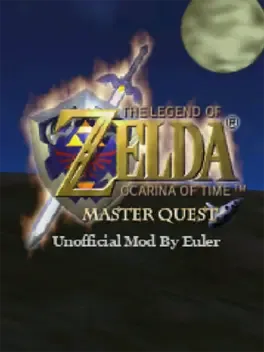


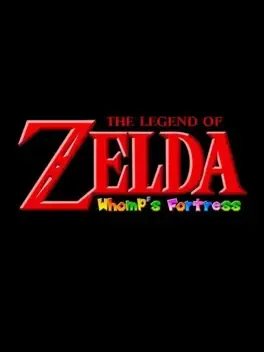
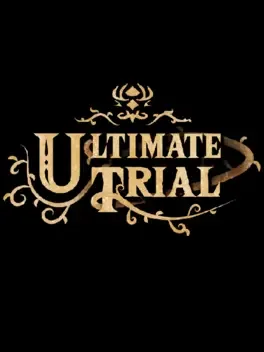
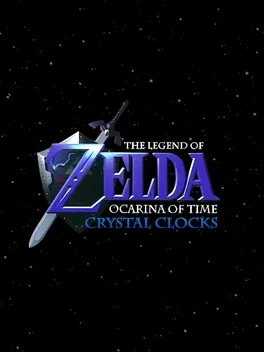
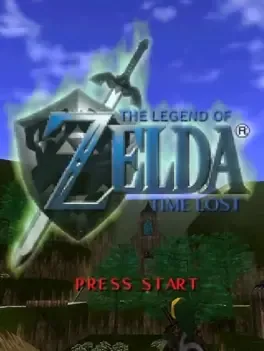
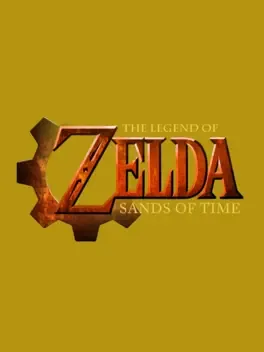

















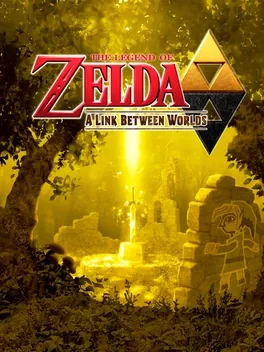
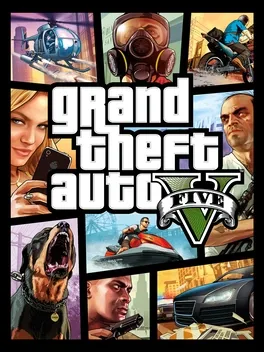
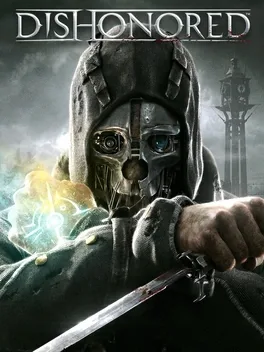
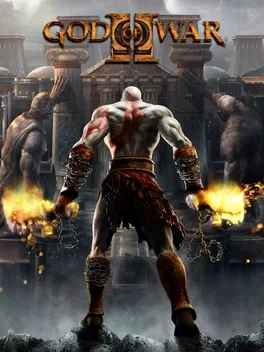
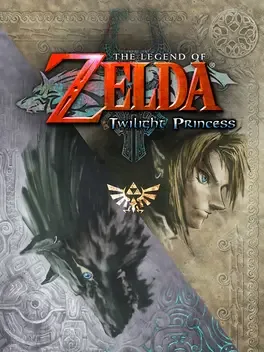
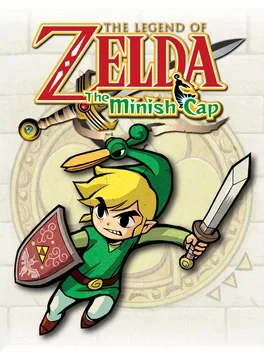
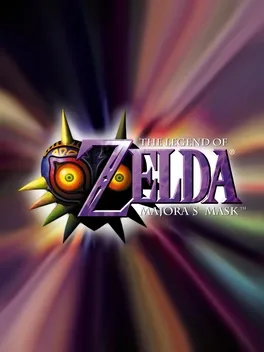
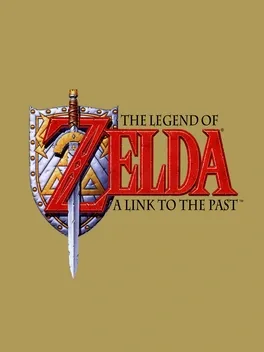
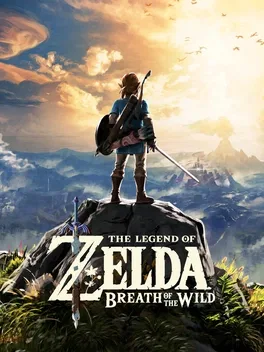
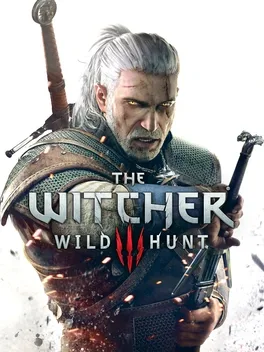
Visually, the game, of course, looks dated with it being a Nintendo 64 title, but it's the type of visuals that aged pretty well and can still be enjoyable even today. Characters are well defined; where need be, they are cute and lively and surprisingly terrifying. The environment is as detailed as it can be with pretty good location variety. HUD and menus are well designed and feel great to use/navigate.
The story of Ocarina of Time is surprisingly good, filled with a large cast of characters, some of whom you will consider friends by the time the credits roll. It is rather long and at times does overstay its welcome, but it does manage to be a quite exciting adventure that sets out to feel like a story that spans close to a decade; with the number of events present, it sure does feel like a lifetime has passed in a good way. Link is a blank slate, but even then manages to show some personality during some story beats, traits like his determination and wonder for the world he inhabits. The best-defined and written character is obviously Zelda, which has quite a surprising and extensive role in the story. Can't say the same about the main villain; even though he manages to have a strong presence in the scenes he is in, he is just one note and evil for evil's sake.
Gameplay is easily the best aspect of the game; it's an expansive RPG with a huge amount of content, both side and main variety. It feels great to control Link; both combat and parkour feel snappy and easy to learn, with a huge amount of secondary equipment you will earn throughout the game. Temples are easily the best section to go through, but not all of them are winners; for example, the Water Temple was hugely convoluted and frustrating to finish. Luckily, most of the other dungeons are easy to understand and fun to finally finish. Also, the game presents a good amount of gimmicky one-time mechanics that mostly are prominent in one dungeon, but for the end stretch of the game, return at least once, which was frustrating to figure out that I needed to remember that one mechanic I learnt 10 hours ago is the main way to defeat the first stage of the final boss... The camera at times, mostly during platforming with high elevation, was poor, with it often fighting with you. Besides that, it was mostly a fun adventure with mostly good puzzles I quite enjoyed.
The soundtrack needs an honourable mention in this case; it's really creative and full of great compositions that will get stuck in your head long after you finish the game.
To sum up, Ocarina of Time is an exciting and surprisingly huge adventure that actually feels like a good and proper adventure, something I can't say some modern video games manage to achieve the feel of. It's aged fairly well and is well worth playing, though, but for a first-timer like me, it can be frustrating and annoying on some occasions. It's a game you will need to use a guide for smoother sailing; being prideful will not do you any favours here, that's for sure.